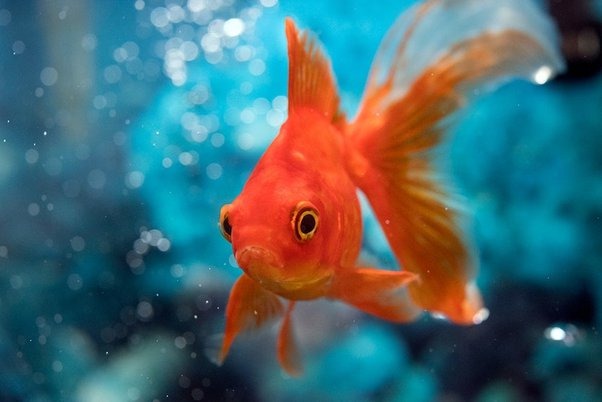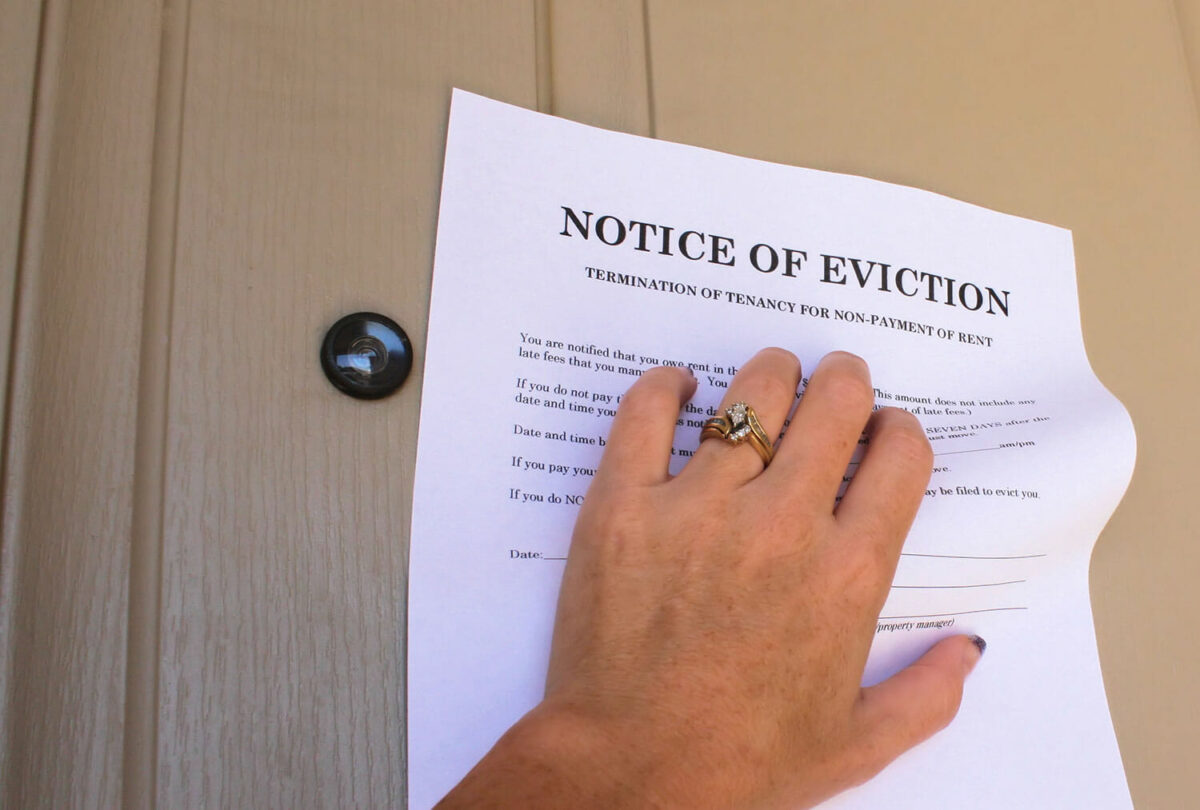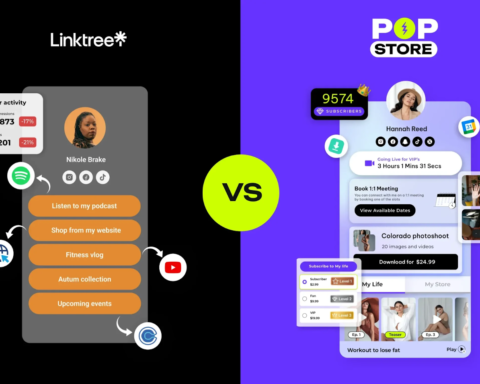Goldfish are fascinating creatures that have captivated the hearts of aquarium enthusiasts for generations. While their daytime behaviors are well-documented, the nighttime activities of these vibrant fish can be a bit of a mystery. If you’ve ever noticed your goldfish floating at night, you’re not alone. This peculiar behavior can be concerning, but it’s often a natural part of a goldfish’s daily routine.
In this comprehensive guide, we’ll explore the intriguing world of goldfish nighttime behavior, delving into the reasons behind their floating tendencies and finding the answer to goldfish sleep in order to create an optimal environment for your finned friends. By understanding the nuances of their nocturnal habits, you’ll be better equipped to ensure the health and wellbeing of your goldfish.
Do Goldfish Sleep?
One major concern among people is whether or not their pet fishes sleep. Unlike humans, who have clear sleep-wake cycles, goldfish sleeping patterns are much more intricate and less understood. Although they cannot close their eyes because they lack eyelids, there are intervals when these fishes decrease activities and responsiveness at night.
Goldfish tend to reduce locomotor activity at night by being less mobile or stationary near the bottom or floating towards the surface. Like other fish species, this may be viewed as resting like man sleeps too. Nevertheless, it should be noted that unlike mammals and birds’ deep REM-like sleep mode is not observed in goldfish.
Understanding the Floating Behavior at Night
At night, many goldfish display a kind of floating behavior, indicating that it is a normal part of their resting routine. During this period, you may think that your fish is still or moving slowly near the surface of the water. Such conduct often misleads one to believe that the fish is suffering from distress or an illness whereas it actually denotes normalcy due to lighting dynamics.
Goldfish are crepuscular animals, which means they are most active during the twilight hours. As the day ends and light intensity reduces, goldfish become less active and may float or hover near the water surface. Through this floating action, they are able to save energy and reduce movements at night.
Factors that Affect Goldfish Behavior at Night
Several factors can influence the nighttime behavior of goldfish, including:
- Lighting Conditions: A change in lighting conditions greatly affects goldfish activity levels as well as resting patterns. Even slight changes in brightness will make your fish swim more or float higher.
- Water Parameters: Water quality, temperature and pH affect a lot of what our fish will do while we sleep. Proper water is crucial for keeping an alive and healthy population of goldfish.
- Tank Size and Decor: The size of the aquarium, together with the presence of hiding places or plants, determines how comfortable the fish feels to rest or float on top during the night.
- Feeding Schedules: Feeding time and frequency might also determine goldfish’s nocturnal habits. There may be times when it comes to life all over again, only being dead when fed overnight.
- Stress and Illness: Stress or underlying health conditions can also cause goldfish to act strangely at night, floating too much or swimming irregularly.
Understanding these factors can help you create an environment that supports your goldfish’s natural nighttime habits and ensures their overall wellbeing.
Creating the Ideal Environment for Goldfish
To provide your goldfish with the optimal conditions for their nighttime behavior, consider the following tips:
- Lighting: Invest in a good quality aquarium lighting system that can be adjusted to become dimmer and brighter, mimicking natural day-night changes gradually. This way, your goldfish will synchronize their activity levels with it.
- Water Quality: Change water regularly, test ammonia, nitrites and nitrates, as well as adjust pH accordingly. It helps to create a stress-free atmosphere for your fish.
- Tank Size and Decor: Give enough space in the aquarium for your goldfish to swim freely around. Include plants or ornaments where they can hide during resting periods.
- Feeding Schedules: Feed your fish during daylight hours rather than at night, which would upset their normal sleep-wake cycle.
- Monitoring and Observation: Monitor your fish’s activities both during the day and at night times so that any change or ill-health is noticed early enough for intervention purposes.
Tips for Observing and Monitoring Goldfish at Night
Night-time observation of a goldfish highlights aspects related to its general healthcare, including well-being. Here are some tips on how you can accurately watch over this pet:
- Dim Lighting: To see nocturnally without disturbing its resting schedule, use a low-intensity aquarium light or flashlight fitted with a red filter.
- Quiet Observation: No sudden moves or noise near an aquarium as it may surprise them, making them disorganized throughout the whole night.
- Behavioral Cues: Slow drifting movements characterize normal nocturnal behavior while less active swimming than in daytime plus floating near the surface or bottom of the Goldfish tank, indicating rest periods mainly define this period of life for fish species like the cichlids, which are our main focus.
- Record Observations: You may just as well note down your fish’s nocturnal behavior over time to see whether there is a pattern or change that might be related to health issues or their environment.
- Seek Professional Advice: Most of the time, finding an aquatic veterinarian or an experienced aquarium specialist is very important for you in case your fish experiences these changes.
Common Misconceptions about Goldfish Floating at Night
Despite the prevalence of goldfish floating at night, there are several common misconceptions about this behavior:
- Floating is a Sign of Distress: Although abnormal floating can indicate illness, some floating during nighttime is normal for goldfish and occurs naturally.
- Floating Means the Fish is Dead: Sleeping or resting goldfish appear lifeless sometimes, but it does not mean they are dead. Watch for any sign, like respiration through gills or any response to anything, and you will know if it is alive.
- Floating is a Sign of Swim Bladder Disorder: Not all floating behavior indicates swim bladder problems in fish. For example, poor water quality and stress can cause this, too.
- Goldfish Don’t Sleep: I have discussed earlier in this text that goldfish undergo a period of inactivity and rest that could be seen as sleep, though it may not be as pronounced as in other vertebrates.
Understanding these common misconceptions can help you better interpret your goldfish’s nighttime behavior and respond accordingly.
Signs of Potential Health Issues in Goldfish
Although occasional floating at night is normal, persistent or strange, nocturnal floating may indicate an underlying health problem. Possible causes of goldfish floating include:
- Swim Bladder Disorder: This condition occurs when the swim bladder doesn’t function properly, leading to unsteady swimming or sinking among goldfish.
- Bacterial or Parasitic Infections: Some diseases can cause buoyancy problems in a goldfish, such as abnormal sinking and floating.
- Organ Failure: Liver, kidney, and other internal organ problems can make a goldfish feel unusually light or heavy.
- Obesity or Overfeeding: Excessive weight can press the swim bladder of a goldfish, thus making it float or sink.
If you notice any continuous or unusual change in the behavior of your fish during the night, make sure that you consult with an experienced aquarist or veterinarian so as to identify the root of this problem and get its treatment.
The Importance of a Well-Maintained Goldfish Tank
A well-designed and maintained aquarium plays a significant role in promoting all-round health for goldfish. Nighttime activity is one of many aspects of pet care that will depend on providing specific conditions for your fish’s natural habits to develop normally.
Key factors to consider in maintaining a healthy goldfish tank include:
- Water Quality: Regularly testing and maintaining optimal water parameters such as pH, temperature and dissolved oxygen levels
- Filtration and Water Changes: The use of an efficient filtration system coupled with constant partial changes of water eliminates waste products while offering clean, fresh water for use by these organisms
- Tank Size and Decor: This ensures the availability of enough swimming space and hiding places, which help in reducing stress as well as promoting natural behavior
- Feeding and Nutrition: This involves availing your pet of a balanced diet with all the nutrients he requires while avoiding instances of overfeeding that may lead to health complications over time.
- Monitoring and Troubleshooting: You should observe their behavior closely so that you can respond quickly whenever they show signs of distress or illness.
By focusing on the environmental maintenance of the fish, you can create a live system where nighttime activities are unavoidable for them.
Conclusion
This article has shown how studying goldfish’s nocturnal behavior can give insight into their state of health. We need to be aware if there is any prolonged or abnormal change about them such as continuous floating or resting.
By understanding other factors that influence sleep patterns in goldfish, providing an ideal situation and keeping a close watch on your fish, you will eventually make them happy both at night and during daylight hours.
For concerns regarding the nighttime activity of goldfish or more information on building the perfect aquarium environment, it would be prudent to contact an expert aquarium consultant who will provide the personal guidance necessary to make sure your goldfish remains happy and healthy.
Keep an eye for more news & updates on Essential Tribune!








